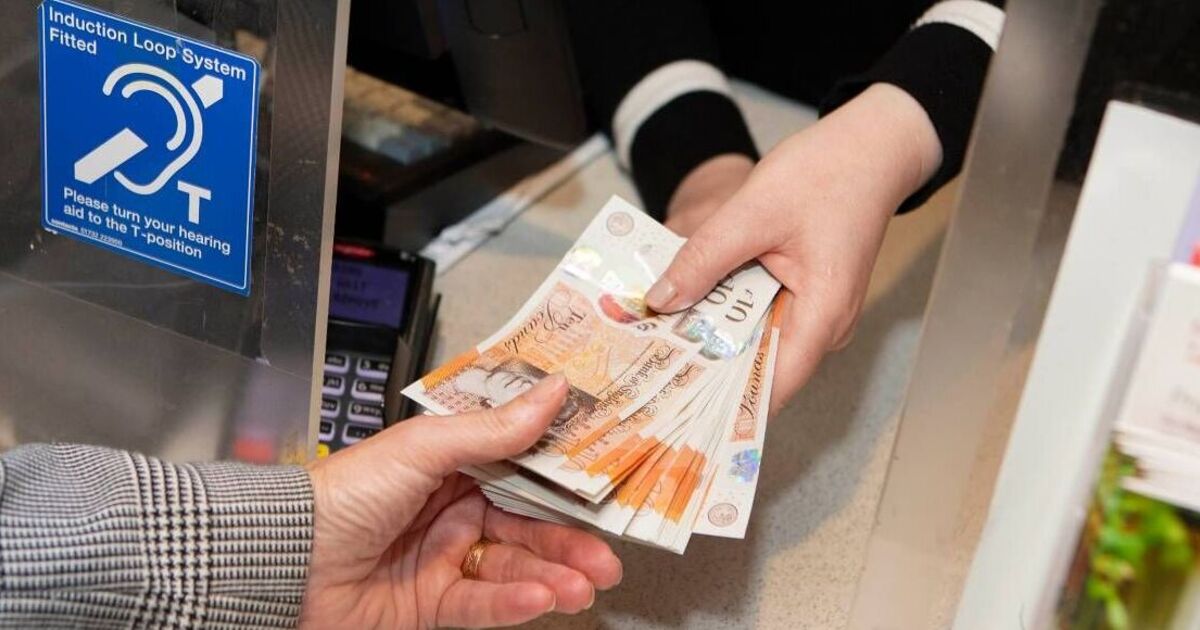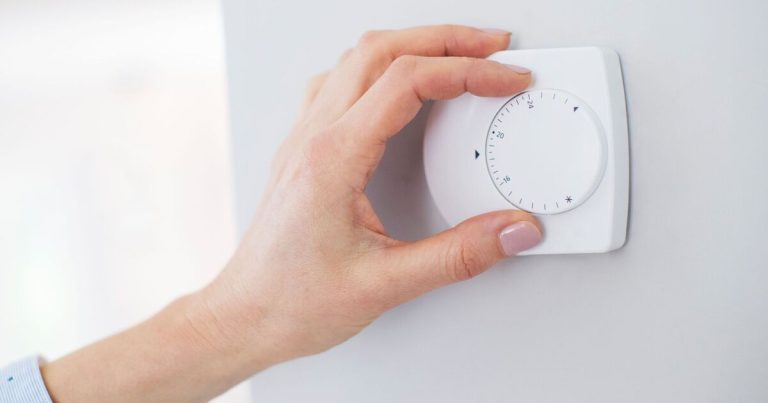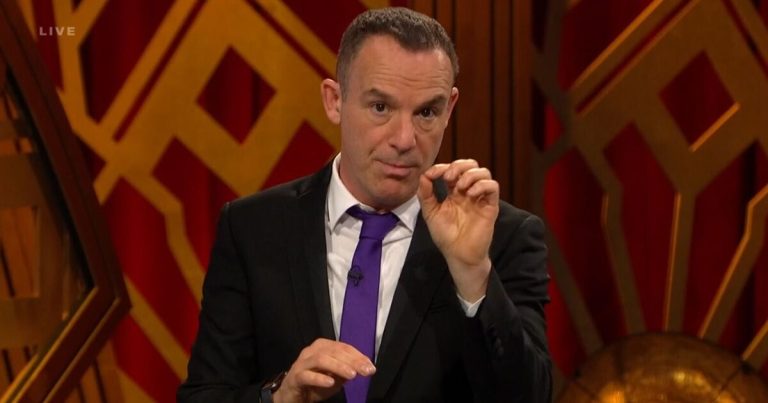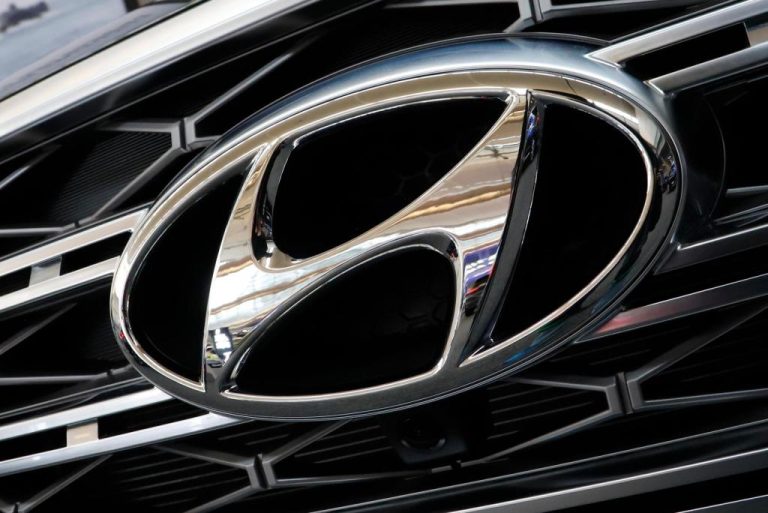
The Department for Work and Pensions (DWP) has stopped benefits for thousands of people who didn’t want to switch to Universal Credit because of its strict bank account rules. The DWP found that some people’s claims didn’t go through is because they had too much money saved.
If you’re claiming Universal Credit and have more than £6,000 in savings, your payments will be cut. If your savings go over £16,000, your payments will stop completely.
There are also rules about how much money you can earn. For every £1 you earn, your benefit payment is reduced by 55p.
But, if you or your partner have a child or a disability, you can earn a certain amount before your Universal Credit is cut. This is called a work allowance.
People on tax credits who get a letter telling them to move to Universal Credit won’t be affected by these savings limits for the first 12 months. So, they can claim Universal Credit even if they have more than £16,000 in savings and investments, reports The Birmingham Live.
But, after one year, if they still have more than this amount, the rule will apply.
The DWP has spoken to claimants and found out why some couples on tax credits don’t want to claim Universal Credit when they get a Migration Notice letter. This letter tells them they have to switch to Universal Credit, Birmingham Live reports.
Because they didn’t make the switch, their tax credits were stopped three months later.
The National Audit Office has discovered that lots of families are losing out on money because they’re not switching to Universal Credit.
They said: “The main issue arising to date relates to the proportion of tax credit claimants not applying for Universal Credit. DWP needs more positive assurance that those claimants who do not transfer to Universal Credit, who may be at risk of financial hardship, are receiving the benefits they are entitled to.”
Why some people are refusing to claim Universal Credit:
1. Life’s changed.
Some people think they can’t get Universal Credit anymore because something in their life has changed, like getting a better-paying job.
2. Not enough cash.
Some people feel that what they’d get from Universal Credit isn’t enough to bother with.
3. Tougher rules for working for yourself.
If you work for yourself, Universal Credit asks you to do more stuff than before, like telling them every month how much you earn and what you spend, plus going to meetings to show you still need help.
Studies show that the extra checks on claims and the time it takes might be why some self-employed people choose not to claim Universal Credit.
4. Lots of savings.
The study also showed that some couples who used to get tax credits had more than £16,000 in savings. So, they thought they wouldn’t be able to get Universal Credit.
People said they knew their savings wouldn’t count for the first 12 times they were checked, but they still chose not to apply.
The DWP is planning a big survey of people who don’t claim in April 2024. This will help them understand why people aren’t claiming the benefits they can get.
They’ll also learn more from phone calls made to the Universal Credit helpline during the changeover.
Get the latest news on BirminghamLive WhatsApp. Join our community to stay up-to-date.







